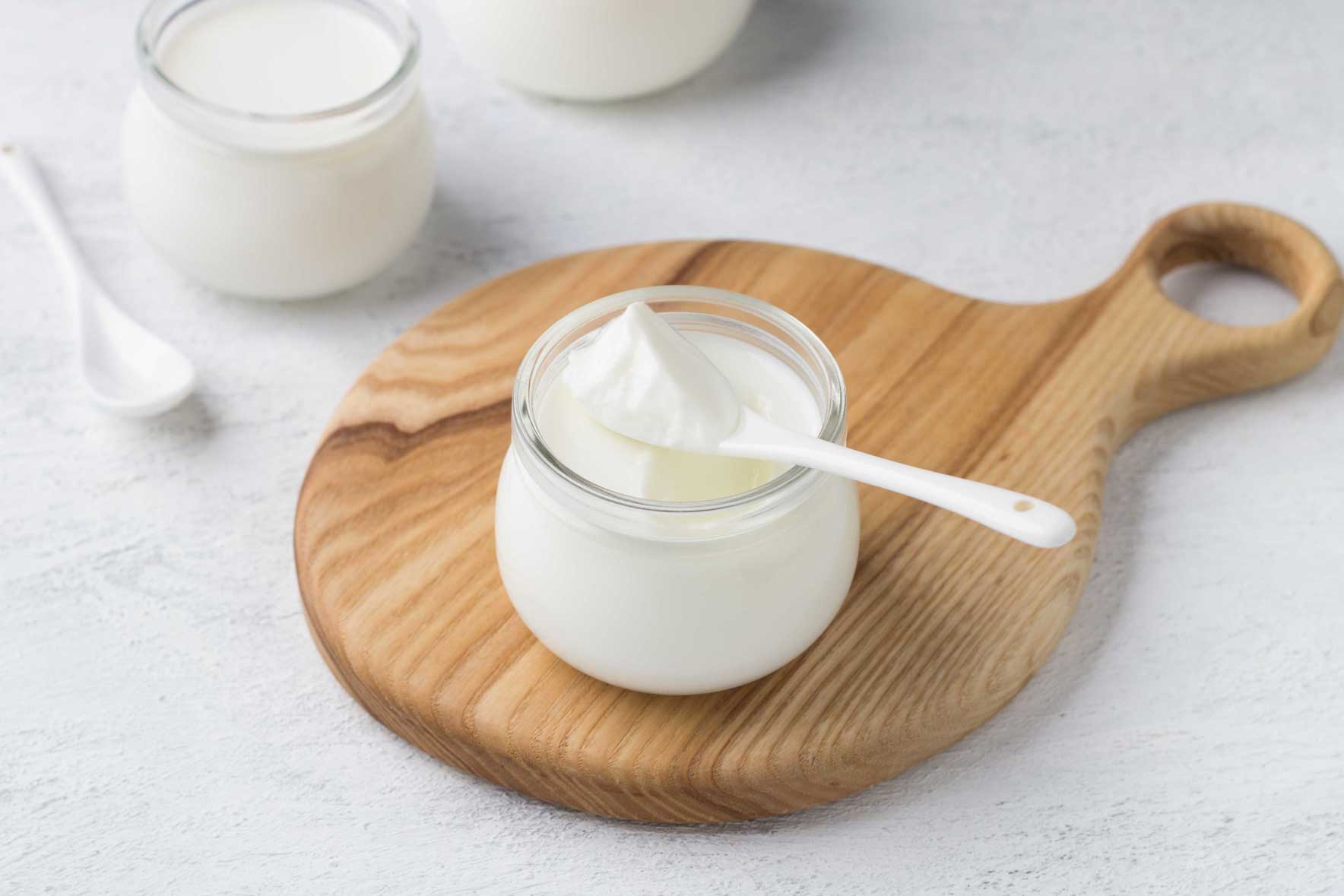
The promise is alluring: a quick-fix "gut cleanse" or "detox" to flush away years of accumulated toxins, banish bloat, and reset your system. We're a nation increasingly obsessed with gut health, as evidenced by the endless parade of supplements, detox teas, and restricted diets filling our social media feeds and health shop shelves.
But before you stock up on exotic powders and sign up for a colon hydrotherapy session, it’s time for a very British dose of realism—and science.
The truth is, for the vast majority of people, the term 'gut cleanse' or 'detox' is a piece of marketing fluff, not medical advice. Your body, specifically your liver and kidneys, is a remarkably efficient detox machine, working 24/7. However, the principle behind wanting a 'reset'—optimising your digestive system for better overall health—is absolutely sound.
Let's dive into the difference between the potentially risky fads and the sustainable, evidence-based practices that will genuinely support your gut health, with a focus on advice relevant to us here in the UK.
Part 1: Separating Fact from Fiction—The 'Detox' Danger
Many commercial gut cleanses and detox diets involve drastic measures, often including:
- Severe Calorie Restriction or Fasting: This can lead to fatigue, nutrient deficiencies, and is rarely a sustainable path to long-term health or weight management.
- Aggressive Laxatives or Herbal Cleanses: These can include ingredients like Senna. While they may offer temporary relief from constipation, overuse can lead to dependency, abdominal cramping, and, paradoxically, damage the muscle tone of the bowel over time.
- Colon Hydrotherapy (Colonics): This procedure, which flushes the large intestine with water, is often promoted to remove 'mucoid plaque'—a substance that science confirms does not exist. The NHS and major medical bodies advise that there is little evidence of benefit, and it carries risks, including:
- Dehydration and electrolyte imbalance.
- Introducing harmful bacteria into the gut.
- In rare, serious cases, bowel perforation.
The UK Medical Stance: The National Institute for Health and Care Excellence (NICE) and the British Dietetic Association (BDA) strongly advocate for a balanced, varied diet as the primary way to support digestion. As one BDA dietitian put it, "If you want a detox, stop buying expensive products and start eating more vegetables."
Part 2: The Real 'Gut Reset'—A Sustainable, UK-Friendly Approach
Forget the three-day juice fast. A real, lasting gut 'reset' in the UK context is about making simple, consistent lifestyle and dietary changes that nurture your microbiome—the trillions of bacteria that live in your large intestine.
1. Fibre: The True Gut Cleanser
Fibre is the bedrock of gut health. It acts as a natural scrubber, bulking up stool to ensure regular bowel movements (the body's natural way of removing waste) and—crucially—acting as prebiotics.
- Prebiotics are non-digestible fibres that feed your beneficial gut bacteria, allowing them to flourish.
- The UK Goal: The government recommends adults consume 30g of fibre per day. The average UK adult currently consumes only about 18g. To help you hit this target, focus on high-fibre sources like: Lentils, Beans & Pulses (add them to soups, curries or salads); Wholegrain Cereals (switch to jumbo oats, wholegrain bread, and brown rice); Nuts & Seeds (sprinkle flaxseeds, chia seeds, or nuts on breakfast); and increasing your '5-a-Day' (and beyond), aiming for a diverse range of fruit and veg—up to 30 different plant foods a week is an expert-backed goal for diversity. Remember to be gradual; a sudden fibre increase can cause bloating.
2. Fermented Foods: Your Probiotic Allies
Probiotics are live, beneficial microorganisms that, when consumed, confer a health benefit to the host. Adding them to your diet is an excellent way to support your microbiome.
- Yoghurt (Live Cultures): Look for 'live and active cultures' on the label. Greek yoghurt or kefir are excellent options.
- Kefir: A fermented milk drink, richer in different types of bacteria than standard yoghurt. Available in most UK supermarkets.
- Sauerkraut & Kimchi: Fermented cabbage that is fantastic for gut diversity. Ensure it is unpasteurised (usually found in the refrigerated section).
3. Hydration and Movement
These non-dietary factors are essential for a healthy gut:
- Water: Fibre needs water to work! Aim for 6-8 glasses of fluid a day, as per NHS guidelines. Dehydration is a common cause of constipation.
- Exercise: Physical activity helps stimulate the muscles of the digestive tract, encouraging regular movement. Even a brisk daily walk can make a significant difference.
Part 3: Seeking Professional, UK-Based Support
If you are consistently experiencing symptoms like severe bloating, persistent changes in bowel habits, or abdominal pain, avoid unproven cleanses and seek professional advice.
Suggested Referral URLs (UK Focus):
- General Digestive Concerns (First Step): You can start with the official NHS Guidance on Digestive Health & Diet by searching for 'NHS digestive health' or visiting the Live Well section on the NHS website.
- Finding a Registered Dietitian: For personalised, evidence-based advice, the gold standard is a Registered Dietitian. Use the British Dietetic Association (BDA) 'Find a Dietitian' tool to locate one near you: https://www.bda.uk.com/find-a-dietitian.html.
- Expert-Led Gut Health Clinic: For specialist support, expert clinics like The Gut Health Clinic (founded by Dr. Megan Rossi) offer evidence-based services. You can search for their official website.
- IBS Management: If Irritable Bowel Syndrome (IBS) is suspected, ask a dietitian about the Low FODMAP Diet, a medically-proven approach supported by research from institutions like King's College London.
A Note of Caution: When searching for support, always look for professionals who are Registered Dietitians (RDs). Unlike the unregulated title of 'Nutritionist' or 'Nutritional Therapist', an RD is a healthcare professional registered with the Health and Care Professions Council (HCPC), guaranteeing a high standard of evidence-based practice.
Conclusion: A Lifestyle, Not a Lunge
The most effective "gut cleanse" is a sustainable, fibre-rich, diverse diet supported by adequate hydration and exercise. In the UK, we are fortunate to have access to high-quality, evidence-based advice via the NHS and registered professionals.
Instead of a punishing three-day 'detox' that leaves you hungry and depleted, embrace the long-term, kind-to-your-gut approach: diversify your plants, love your lentils, sip your water, and trust your body’s natural, incredible detoxification systems. Your gut (and your wallet) will thank you for it.



